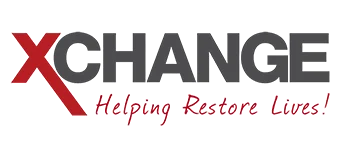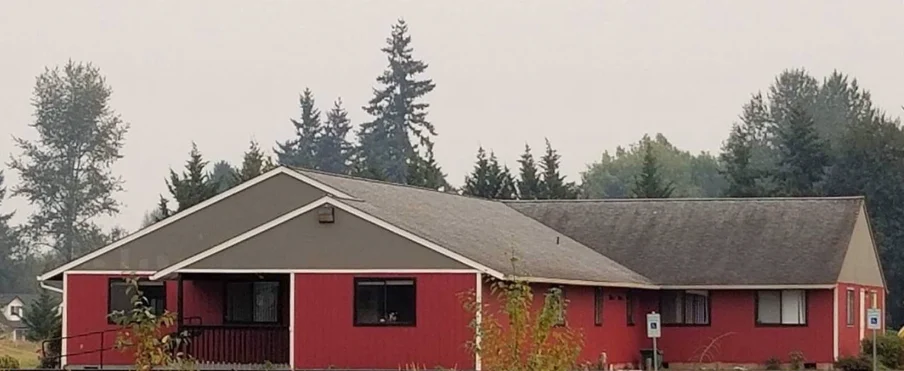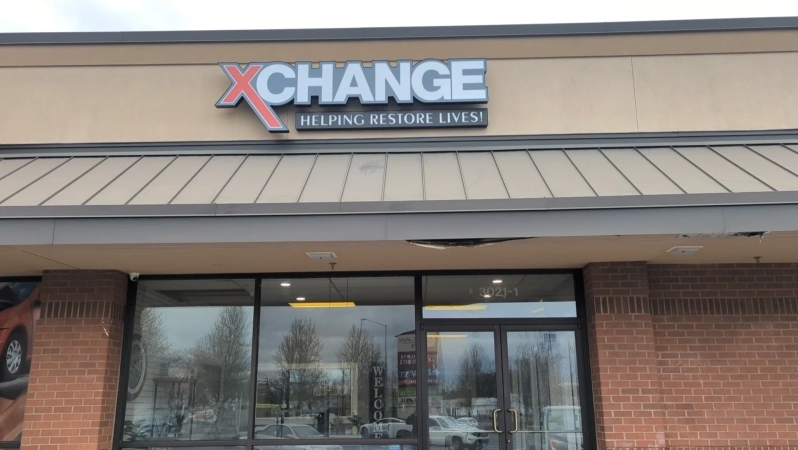Living in Balance Curriculum
The Living in Balance program includes three separate curriculums:
- Core Program
- Recovery Management
- Co-occurring Disorders
Core Program
This section provides a solid foundation of client education by addressing issues commonly
faced by clients in early recovery. Sessions educate clients on terminology, substances, triggers, and relapse prevention, the relationship between sex and substances and various emotional components of addiction and recovery.
Recovery Management
This section offers client education on in-depth, focused topics, such as self-help and Twelve Step programs, physical issues, social and family issues, sexual abuse and compulsive sexual behaviors, grief and loss, money management, nutrition and exercise, medication assisted treatment and chronic pain and opioids, strategies for older adults, and advanced relapse prevention.
Co-occurring Disorders
This section focuses on co-occurring disorders topics, including treatment, phases of dual
recovery, self-help groups, medication use, relapse prevention, and more.
Dialectical Behavior Therapy (DBT)
Dialectical Behavioral Therapy (DBT) is a type of cognitive behavioral therapy. Cognitive Behavioral Therapy tries to identify and change negative thinking patterns and pushes for positive behavioral changes. DBT may be used to treat suicidal and other self-destructive behaviors. The four modules of treatment skills are:
1. Mindfulness Skills – are considered core skills because they help a person develop the ability to control their attention which is a skill that is needed before a person can learn to regulate their emotions. In this module, the goal is to help clients learn to fully participate in their lives.
2. Interpersonal Effectiveness Skills – are taught so that clients learn to balance the ability to be assertive (ask for what they want and to say no), keep an improve relationships, and increase self-respect. The goal is to decrease interpersonal conflict, improve active interpersonal problem solving, and build positive social support.
3. Emotion Regulation Skills – help individuals appreciate the purpose of emotions when encountering different problems and situations. Clients learn to accurately identify and label emotions, change emotional responses to situations, reduce vulnerability to negative emotions, and learn to manage extreme emotions. For most clients, the development of these skills includes the process of learning an emotion vocabulary that helps them recognize and communicate their emotional needs to others.
4. Distress Tolerance Skills – are taught so that clients can learn to cope with periods of intense emotions and stress without behaving in a way that would make the situation or problems worse. The clients more effective ways of managing crisis situations. These skills help client who experience chronic problems and stressors learn to accept reality as it is.
Moral Reconation Therapy (MRT)
Moral Reconation Therapy (MRT) is a systematic treatment strategy that seeks to decrease recidivism among adult criminal offenders by increasing moral reasoning.
MRT is a unique cognitive behavioral treatment approach designed for the criminal offender populations. The program is designed to alter how offenders think and how they make decisions about right and wrong. This is a 16 step program, and each person will complete this portion of their treatment at different rates of speed.
Seeking Safety
A Treatment for PTSD, Seeking Safety is a therapeutic program for women who have experienced trauma and have difficulties remaining present due to the emotional symptoms they may be experiencing as a result of post-traumatic stress disorder. This group can help in being able to learn how to remain present and engaged in day-to-day life.
Our Staff
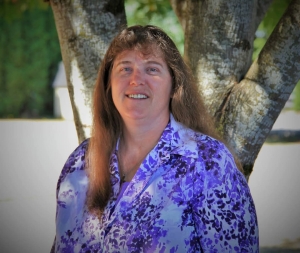
Kami McKinzey-Bartelmie
XChange RecoveryMy name is Kami McKinzey-Bartelmie and I am a licensed Substance Use Disorder Professional. I have been working in addiction treatment since 2007. I have worked in a variety of settings including youth residential, adult residential, and adult outpatient treatment. I have worked with people in metropolitan and rural communities. In order for treatment to be helpful, I believe a counselor needs to develop a genuine and authentic therapeutic relationship with a client in the treatment process. I’m excited to join you on your journey to discovering the new you and your recovery process.
Education:
– Associate Degree (AA) from Spokane Falls Community College – 2004
– Bachelor Degree (BA) in Social Work with Minor Degree in Addiction Studies from Eastern Washington University – 2007
– Masters Degree (MS) in Psychology from University of Phoenix – 2009
Specialized Training:
To address bio-psychosocial factors that play a role in a client’s addiction I use an evidence-based approach. The therapeutic modalities used include a trauma-informed approach, Motivational Enhancement Therapy, Cognitive Behavioral Therapy, Person Centered Therapy, Motivational Interviewing techniques, and harm reduction models.
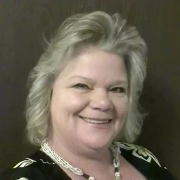
Johnna Jeffreys, BA, SUDP, CPC
XChange RecoveryMy name is Johnna Jeffreys and I practice as a Substance Use disorder Professional (SUDP) I have held a position in human services since 2014. Along with education and certification, I have firsthand experience in addiction and have studied a variety of best practices with evidence-based knowledge in addiction studies and curriculum facilitation and counseling. With that being said, I am very purposeful and passionate in helping others overcome their battle with addiction and high-risk behaviors. My goal is to meet you right where you are at walking along side you in learning the tools to achieve your goals for your healing journey.
The road to recovery is somewhat scary at first. Yet, with an experienced guide, as myself, community support and someone who believes in you; Recovery is Possible.
Education:
– SUDP Clinical Supervisor, 30 hrs. NAADAC 2023
– SUDP- at Clark College- ACED Program- 2021
– Bachelor’s degree in human services (BA) Western Washington University- 2014
– Associate in Arts; Sciences degree (AAS) Whatcom Community College -2012
Specialized Training:
To effectively address bio-psychosocial factors, I utilize evidence- based addiction studies approach. Treatment modalities such as Motivational Interviewing & Enhancement Therapy, Client Centered, Strength Based therapy, Mindfulness Meditations, Harm Reduction modalities and Cognitive Behavioral Therapy.
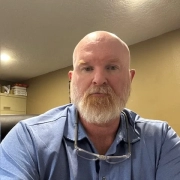
Jesse James MS, SUDP, CADCII
XChange RecoveryMy name is Jesse James and I am a licensed Substance Use Disorder Professional. I have been working in addiction treatment since 2007. I have worked in a variety of settings including adult residential, and adult outpatient treatment. I have worked with people in metropolitan and rural communities. I have a passion for helping others because, through my own journey and clinical experience, I’ve seen how compassionate guidance and a safe space can empower people to heal, grow, and reclaim their purpose.
Education:
– Associate Degree (AA) from Mount Hood Community College – 2005
– CADCII- 2005
– Bachelor Degree (BS) in Human Development from Warner Pacific University- 2007
– SUDP- 2007
– Masters Degree (MS) in Organizational Management and Leadership from Warner Pacific – University- 2012
– Masters Degree (MS) in Clinical Mental Health Walden University- 2026
Specialized Training:
To address bio-psychosocial factors that play a role in a client’s addiction I use an evidence-based approach. The therapeutic modalities used include a trauma-informed approach, Motivational Enhancement Therapy, Cognitive Behavioral Therapy, Solution Focused Base Therapy, Motivational Interviewing techniques, and harm reduction models.
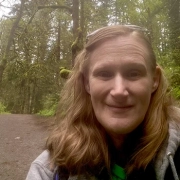
Denise Marshall
XChange RecoveryMy name is Denise Marshall I am a substance use disorder professional trainee (SUDPt) with XChange Behavioral Health Agency. I am truly humbled to be in the addictions and recovery field since September of 2023. Recovery found me nearly 12 years ago while I was houseless and starving for a better life. At the moment, I am living a life of gratitude and the peace that I deserve after finding long-term recovery.
I believe in a holistic approach when treating those who suffer from substance use while utilizing a solution-focused mindset, non-judgemental stance, in conjunction with unconditional positive regard. My belief is that everyone who is suffering from addiction is not beyond redemption and healing as I once thought, about myself.
Hope does exist even though we are too far over our heads to realize it. I am honored to be that hand that can lead others out of the chains of addiction and witness the miracle of redemption through recovery.
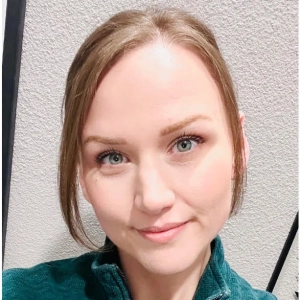
Callie
XChange RecoveryHi, my name is Callie.
I’m a substance use counselor with a heart for trauma recovery—and a fellow traveler on the healing path. I received my counseling education at Clark College and am currently licensed in the state of Washington as a Substance Use Disorder Professional Trainee (SUDPt).
Because I’ve walked my own journey through trauma and recovery, I bring not only professional training but also personal experience and a deep respect for the courage it takes to heal. I understand how trauma can shape how we see ourselves, impact our sense of safety, and influence the ways we learn to survive.
It’s an honor to walk alongside others as they navigate their own healing. I offer support, practical tools, and a space rooted in compassion, authenticity, and real understanding. I believe in the resilience that lives within every survivor—even when it feels distant—and I’m here to help you reconnect with that inner strength in a way that feels safe and empowering.
In our work together, I draw from evidence-based approaches such as Cognitive Behavioral Therapy (CBT), Trauma-Informed CBT, Motivational Interviewing (MI), Strength-Based, and Client-Centered counseling. I also integrate trauma-informed activities and mindfulness and relaxation techniques to support emotional regulation and nervous system healing.
Whether you’re navigating recovery, healing from trauma, or holding space for both—you are not alone. You are welcome here, just as you are.
XChange BHA – North Campus
-
IOP & Outpatient Substance Use Disorder (SUD) treatment
Hours of Operation:
Monday thru Thursday 9:00AM to 7:00PM Friday 9:00AM to 5:00PM
21810 NE 37th Ave. Ridgefield WA. 98642
Or call to schedule an appointment: 844-777-XBHA (9242) Fax 360 397-7477
Clinical Operations Director: Kami McKinzey-Bartelmie: 360 852-0133
XChange BHA North Campus
XChange BHA – South Campus
-
IOP & Outpatient Substance Use Disorder (SUD) treatment
-
Adult MH evaluations & counseling
-
Trauma Informed IOP groups and individual counseling
Hours of Operation:
Monday thru Friday 9:00AM to 5:00PM
3021 NE 72nd Drive Suite 1, Vancouver WA. 98661
Or call to schedule an appointment: 844-777-XBHA (9242) Fax 360 397-7477
SUD Clinical supervisor: Johnna Jeffreys 360 605-4154
XChange BHA South Campus
